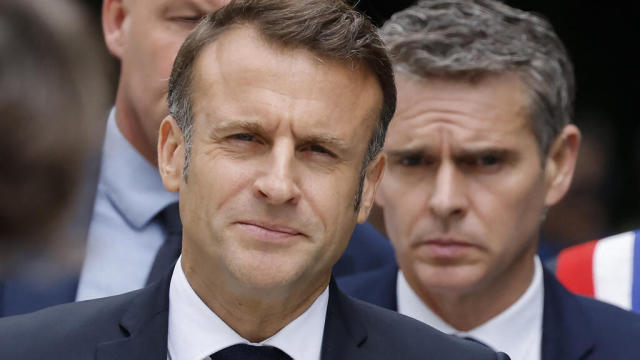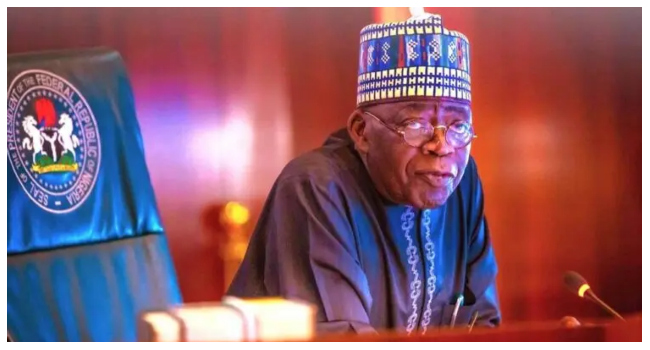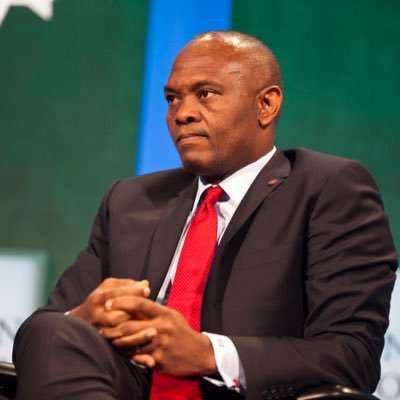French President Macron, in a written message to voters published in regional newspapers, reflected on the outcome of the election, emphasizing the need for political forces aligned with republican institutions, parliamentary democracy, and European values to engage in constructive dialogue. He called for the formation of a pluralist majority excluding Marine Le Pen’s far-right RN party and Jean-Luc Melenchon’s France Unbowed (LFI), part of the left-wing New Popular Front (NFP) alliance.
The election, aimed at clarifying France’s political landscape, resulted in a hung parliament, complicating efforts to form a stable government. Macron’s centrist allies were exploring alliances with the right to counter the unexpectedly strong showing of the NFP, which emerged as the largest bloc in the National Assembly.
Prime Minister Gabriel Attal’s government will continue amid preparations for the upcoming Olympics. However, with the centrist group losing ground in parliament, discussions are underway regarding a potential successor for Attal.
Left-wing leaders, buoyed by their electoral gains, argued that their majority position entitled them to propose a new prime minister. Melenchon criticized Macron for not accepting the election results favoring the NFP alliance, urging him to acknowledge defeat.
Macron’s Renaissance movement faced internal divisions as it sought coalition partners across the political spectrum, from center-left to right-wing forces.
Following Macron’s message, Interior Minister Gerald Darmanin indicated openness to supporting a right-wing prime minister, suggesting a potential shift in government leadership dynamics.
Meanwhile, the NFP alliance, encompassing Greens, Socialists, Communists, and LFI, announced plans to nominate a prime ministerial candidate by the week’s end. Contentious figures like Melenchon and more moderate voices like Socialist leader Olivier Faure have emerged as potential contenders.
Despite setbacks, Marine Le Pen’s RN and its allies increased their presence in the National Assembly, positioning themselves for future electoral gains despite falling short of an absolute majority this round.
As political maneuvers continue, Le Pen criticized Macron for what she termed as orchestrating a governmental deadlock and accused him of allowing the far-left undue influence.
Reflecting on the challenges ahead, progressive leader Raphael Glucksmann emphasized the importance of parliamentary democracy, signaling a willingness to engage with ideological opponents while maintaining core convictions.
The post-election landscape in France remains fluid, with coalition-building efforts and leadership negotiations shaping the country’s political direction in the coming weeks.






